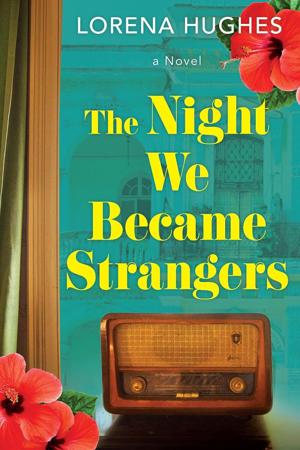A new fictional work, titled The Night We Became Strangers, takes a unique approach to portray the moment families and communities around the world confronted the reality of war. The narrative weaves personal reflections with broader societal implications, capturing the emotions and tensions of an evening that altered lives forever.
The story opens with a vivid description of microphones, likening their presence to an evocative blend of alcohol and yeast reminiscent of the author’s father’s beer bottles. This sensory connection serves as a metaphor for the weight of public speaking and the attention that comes with it. The protagonist reflects on the intimidating nature of addressing an audience, where the stakes of every word become amplified.
In this fictional universe, the backdrop of impending conflict brings a palpable sense of urgency. The narrative unfolds as characters grapple with their emotions, facing the realities of war not just as a distant concept, but as a defining moment in their lives. The tension is palpable as the author explores how individuals from various backgrounds react to the news of conflict, highlighting the shared human experience amidst chaos.
The author deftly encapsulates the essence of communication in a time of crisis. The significance of every word spoken into a microphone becomes a powerful symbol of the responsibility carried by those who find themselves in positions of influence. As the characters navigate their fears and hopes, the story raises poignant questions about the nature of conflict and the bonds that can be forged or broken in its wake.
Through the lens of personal narrative, The Night We Became Strangers invites readers to reflect on their own experiences with communication and connection during tumultuous times. It challenges the audience to consider what it means to truly listen and to be heard, particularly when the stakes are as high as the fate of nations.
As the story progresses, it is evident that the impact of war extends beyond the battlefield, reaching into homes and communities. The author’s portrayal of familial relationships under strain serves to humanize the abstract concept of war, making it relatable to readers across the globe. Each character’s journey resonates deeply, illustrating the delicate balance between fear, hope, and the desire for peace.
Ultimately, The Night We Became Strangers is not just a commentary on war; it is a reflection on humanity. The author’s ability to weave personal anecdotes with universal themes ensures that the narrative will linger with readers long after they have turned the final page. The story stands as a reminder of the power of words and the connections that can be forged even in the darkest of times.
